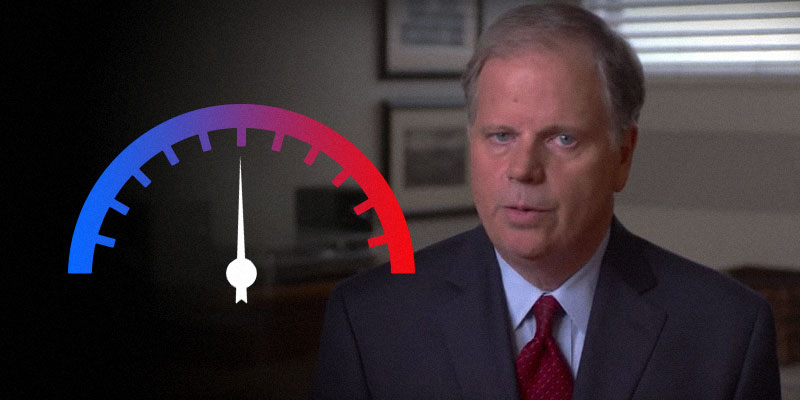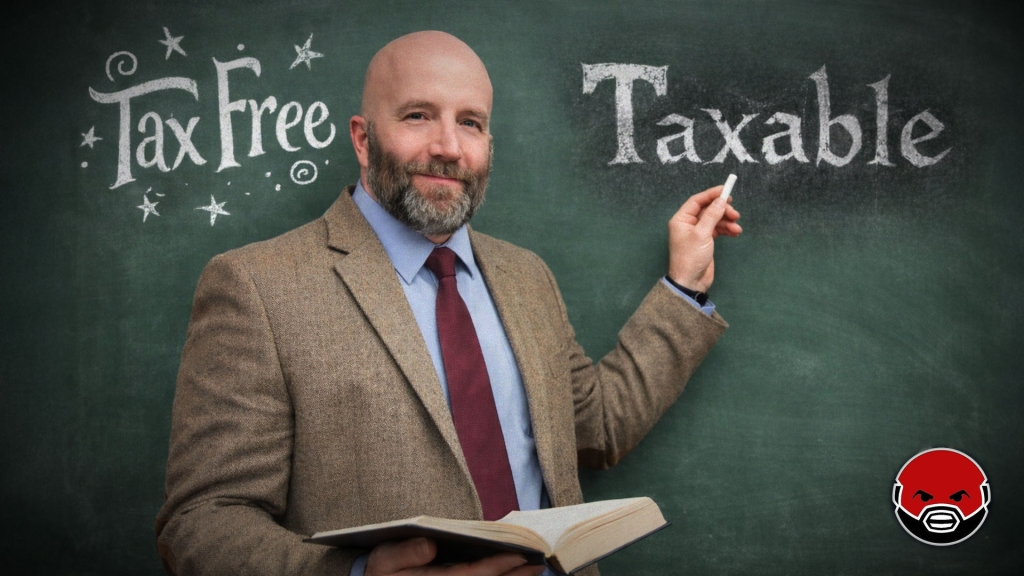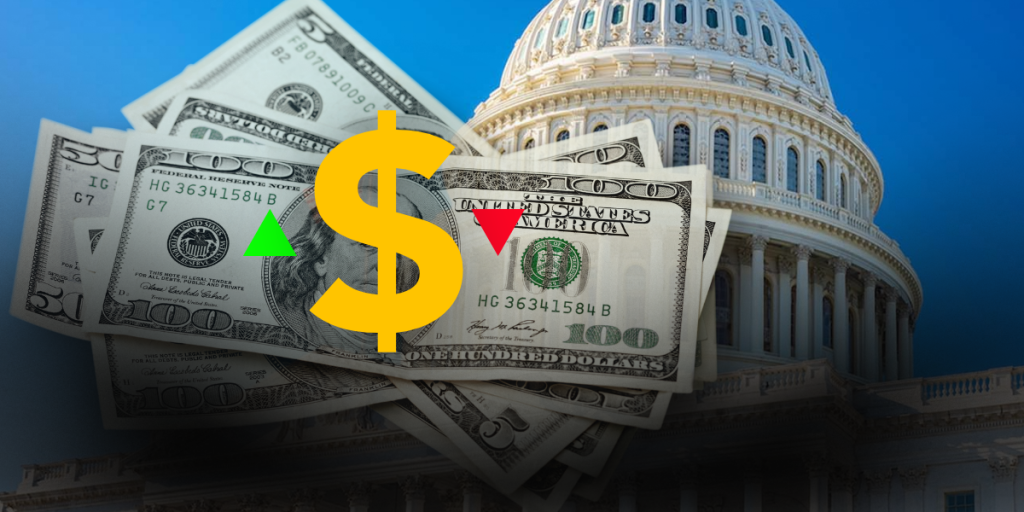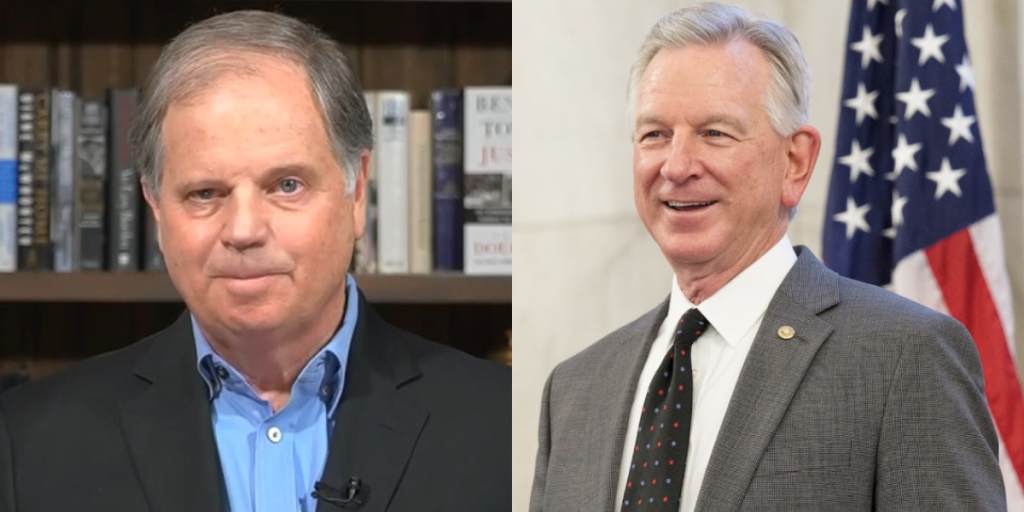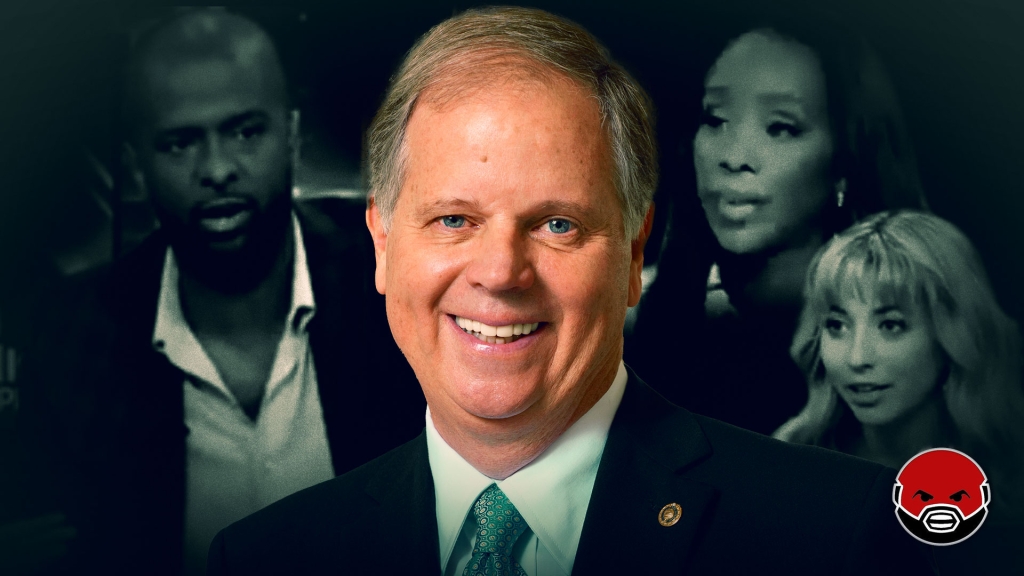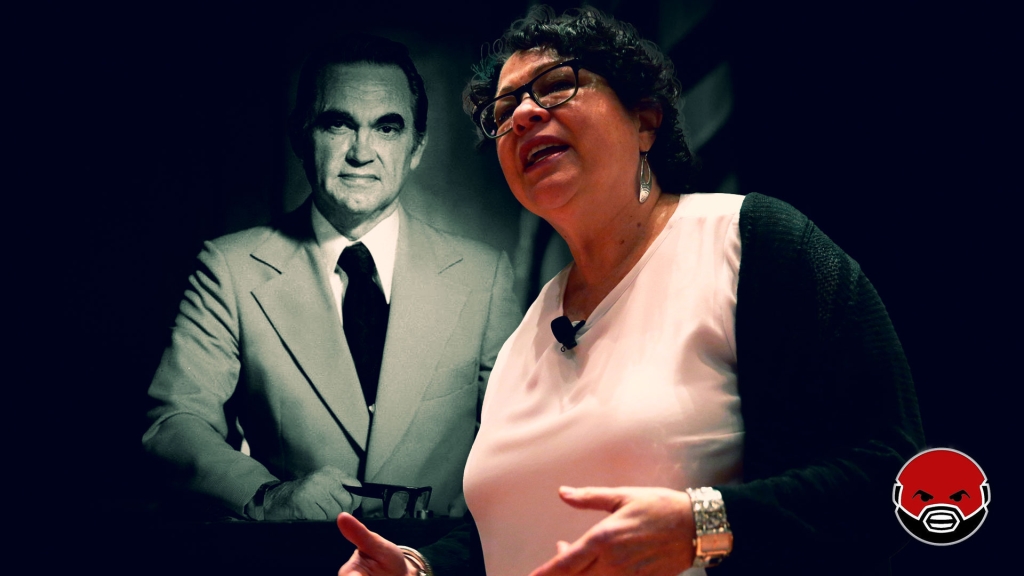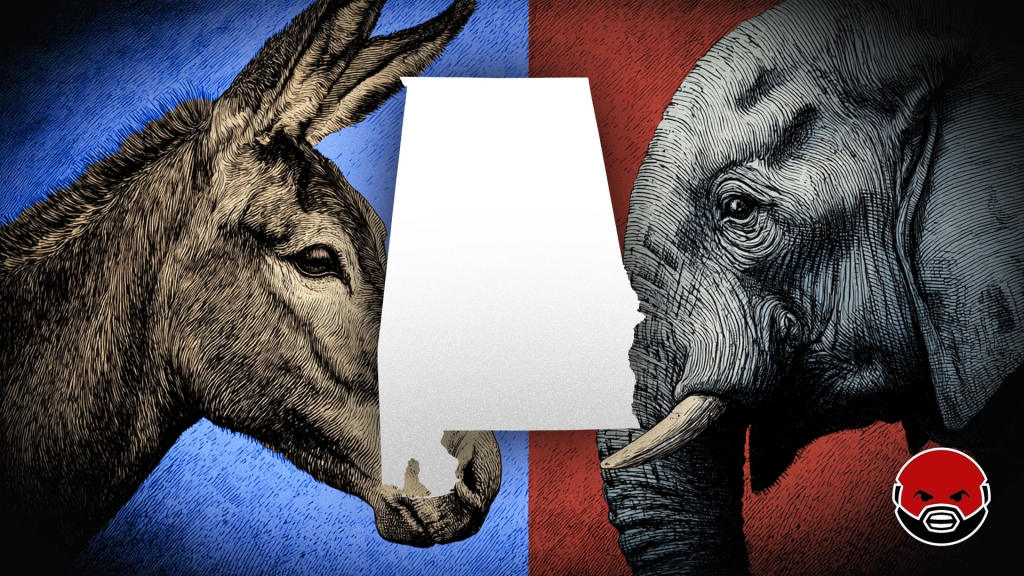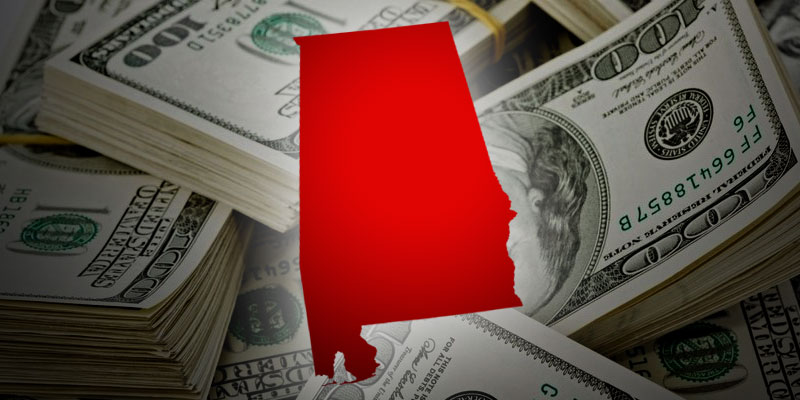A recent Morning Consult poll showing Democratic U.S. Sen. Doug Jones’s approval rating at 47 percent – four points under Shelby’s 51 percent – gives me reason to revisit my thoughts on Sen. Jones’s politics.
A few days after Doug Jones was elected as a U.S. senator, I offered four reasons why he looks like a moderate Democrat.
My reasoning was based primarily upon some of Jones’s statements and actions during his campaign, which I found peculiar and non-descriptive of a thoroughbred progressive: He used a Confederate colonel, even calling him brave, to make a point about finding common ground in politics; he rejected the idea – at least at the time – that President Trump should resign because of how badly he governs, as his party colleagues embraced it; he was genuine in his remarks about compromise and demonstrated a real desire to work with his Republican counterpart, Sen. Richard Shelby.
Now that he’s had a few months in Congress, what kind of Democrat has Doug Jones — so far — proved himself to be?
Many of his votes have been fairly nondescript. He voted for February’s continuing appropriations resolution, for the recent spending bill, against the White House’s immigration proposal, against the banning of abortions after 20 weeks. These votes fall mostly within the party’s mainstream.
However, Jones has elsewhere demonstrated a willingness to split from his party in support of some key conservative reforms and of the president.
Chief among those cases is his vote in support of the Economic Growth, Regulatory Relief, and Consumer Protection Act, which loosened financial regulations put in place by Dodd-Frank Wall Street Reform and Consumer Protection Act. Progressive heavyweights – Sens. Chuck Schumer, Elizabeth Warren, Bernie Sanders, and 28 other Democrats – voted against the bill. Dodd-Frank is at the heart of progressive regulatory policy, and a vote in favor of reforming it is a significant split from that.
Jones has also supported several of President Trump’s nominees, voting in favor of Alex Azar’s nomination to the post of secretary of Health and Human Services and in favor of David Ryan Stras’s nomination to the Eighth Circuit. Only five other Democrats supported Azar’s nomination, and only six others supported Stras’s.
To be clear, these things make Jones a moderate Democrat, not a political moderate overall.
Most Alabamians surely like to see Jones supporting conservative reforms and supporting the president, but his extreme position on abortion remains a major hurdle.
Jones should – as Yellowhammer News Editor Pepper Bryars argued in January – sincerely consider reforming his position on abortion, not only to reflect the overwhelming majority of Alabamians’ beliefs about abortion, but because it’s the right thing to do.
@jeremywbeaman is a contributing writer for Yellowhammer News




